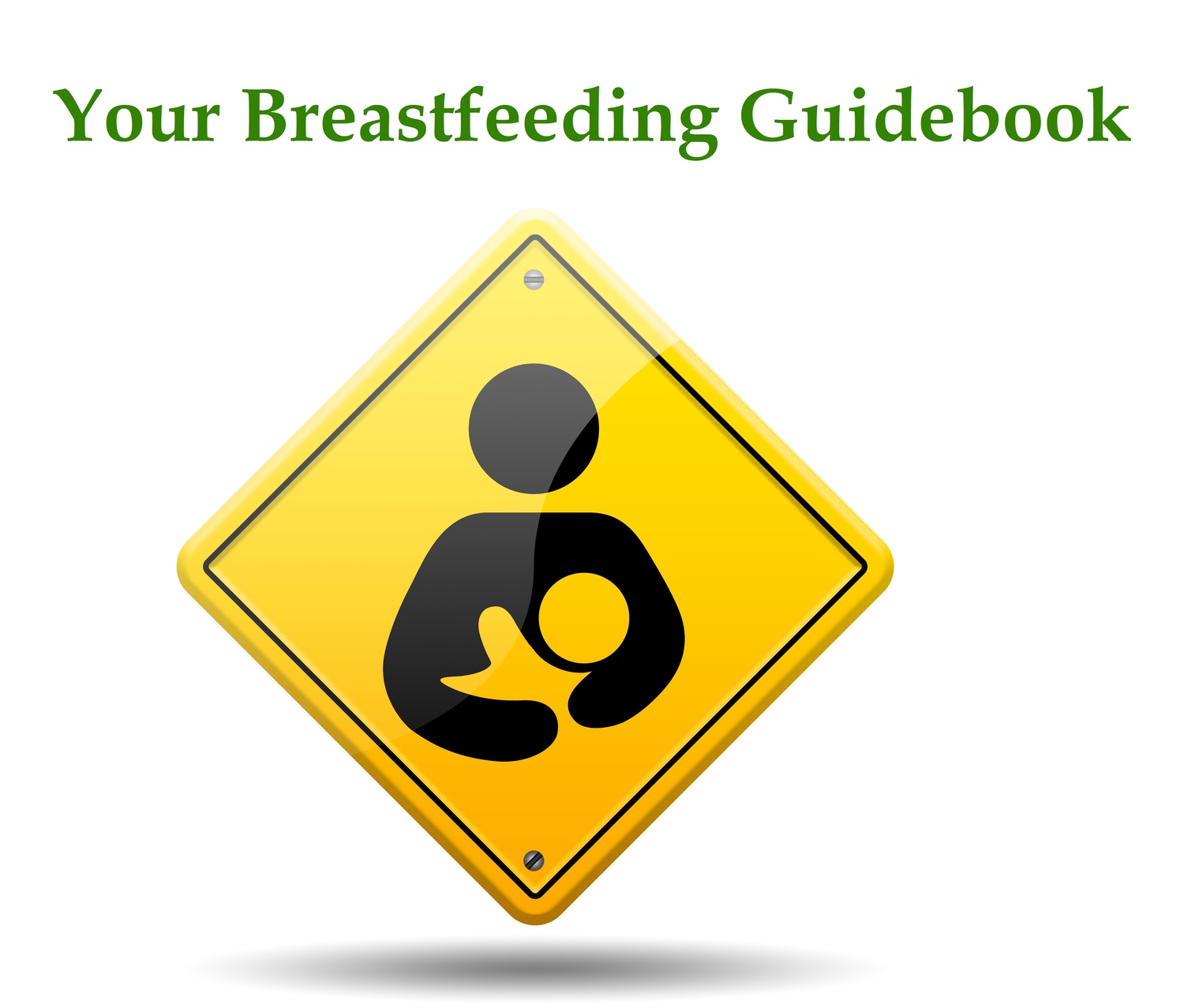Natural Birthing and Breastfeeding: myths and facts
If you spend some time looking at books and websites about breastfeeding you'll notice a pattern. An alarming number of them have a strong opinion on how you should birth your baby. And that strong opinion seems to be that in order to not completely destroy your chances at breastfeeding success you should birth your baby naturally.
This immediately brings two questions into my mind. First, what the heck does it mean to have a "natural" birth? Second, what does this supposedly perfect birth do to help with breastfeeding?
From what I can gather, advocates for natural birthing have several criteria for a natural birth. All natural births should be vaginal births. C-section births are automatically excluded. Natural births should start spontaneously, so inductions are eliminated too. Natural births are drug-free. To go completely natural with your birthing you should skip the epidural. Some say that a natural birth should occur outside of a hospital and should proceed with no interventions.
Why the association between natural birth and breastfeeding? There's some bias at work here. Breastfeeding is natural feeding, so it follows that advocates for natural feeding may also be advocates for natural birthing. In other words, if you're the sort of person who believes in the natural birth concept chances are pretty darn good that you're into breastfeeding too. If this describes you then there's nothing wrong with that. However, we have to be cautious when we take two related concepts and start linking them together however we see fit.
So are the supposed benefits of natural birthing just a ton of malarkey? Let's look at it a bit more closely. Vaginal delivery is the preferred method of delivery. It spares a mother having to recover from a surgical procedure while she is breastfeeding. Mothers who give birth via C-section start milk production a bit more slowly than mothers who give birth vaginally (we're talking maybe 12-24 hours difference). Pain medication that is given to a mother during labor can transfer to her baby via the placenta. These medications may make a baby more sleepy and lead to difficulty with latching and less interest in breastfeeding.
At this point it seems that natural birthing is the way to go, but let's not be too hasty with that conclusion. Natural birthing, like most things in life, comes with its share of benefits and risks.
Vaginal delivery is the preferred method of delivery. That is a well-established fact in the medical community. It follows that a C-section should be done only in cases where vaginal delivery is impossible or too risky to justify trying it. In other words, women get C-sections because they need them. If your doctor recommends a C-section and you say no then you are taking on the risk of that decision, which may be deadly for you or your baby. Elective C-sections are rare, and women are generally only asked to choose between a vaginal delivery and a C-section in the case of a prior C-section (that is another rather big topic in and of itself).
Labor induction is somewhat murkier. Elective inductions are fairly common and come with their own risks. However, a good number of inductions are done for medical reasons. Low risk women will be offered an induction around 41-42 weeks to avoid the risks of a post-term pregnancy. A pregnancy with complications may need to end with an induction at 39 weeks or sooner, depending on the situation. If you have a complicated pregnancy and refuse to have an induction you are putting you and your baby at risk.
If labor induction is a murky topic then the topic of medical interventions during labor is murkier still. Some medical interventions are perfectly reasonable to skip. For example, if you want to labor without an epidural most doctors wouldn't blink an eye at that decision. On the other hand, refusing to get an IV placed is a choice that comes with some potential risks. Every intervention that you run across has 2 sets of risks: the risks of getting it done and the risks of not getting it done.
If you are a natural birthing enthusiast that's ok. Choosing to have a vaginal delivery with little to no intervention in the case of a low risk pregnancy is pretty reasonable. But go into it with your eyes wide open. Ask lots and lots of questions. Know all the risks, including the risk of refusing interventions. Talk to a trusted medical professional. If your natural birth goes smoothly then you'll probably do well breastfeeding, but there are no guarantees. You may still have difficulties.
What about if you don't have a natural birth? First of all, there's nothing that makes the experience of birth outside of "natural" circumstances any less legitimate. Most women in this country give birth under circumstances that are deemed less than the "natural" ideal. While medical interventions may introduce some complications to the breastfeeding experience, these complications are not atypical and can be overcome. C-section moms usually find it easiest to start nursing using a football or clutch hold that reduces pressure on the location of the incision. Babies are sleepy after pain medication, but it's not uncommon for babies to be sleepy in the first 24 hours of life no matter what and need some coaxing in order to latch.
I believe that we need to stop talking about natural birth as a prerequisite to breastfeeding. It is distracting. When we talk about breastfeeding we need to focus on breastfeeding. Birthing choices are complicated and personal. They can be a source of stress for expectant mothers. Breastfeeding is for everyone, no matter how your baby happened to make the trip from womb to breast. Your birthing choices will not doom you to breastfeeding failure. And, most importantly, seek professional advice and always make the choices that are best for you and your baby.
